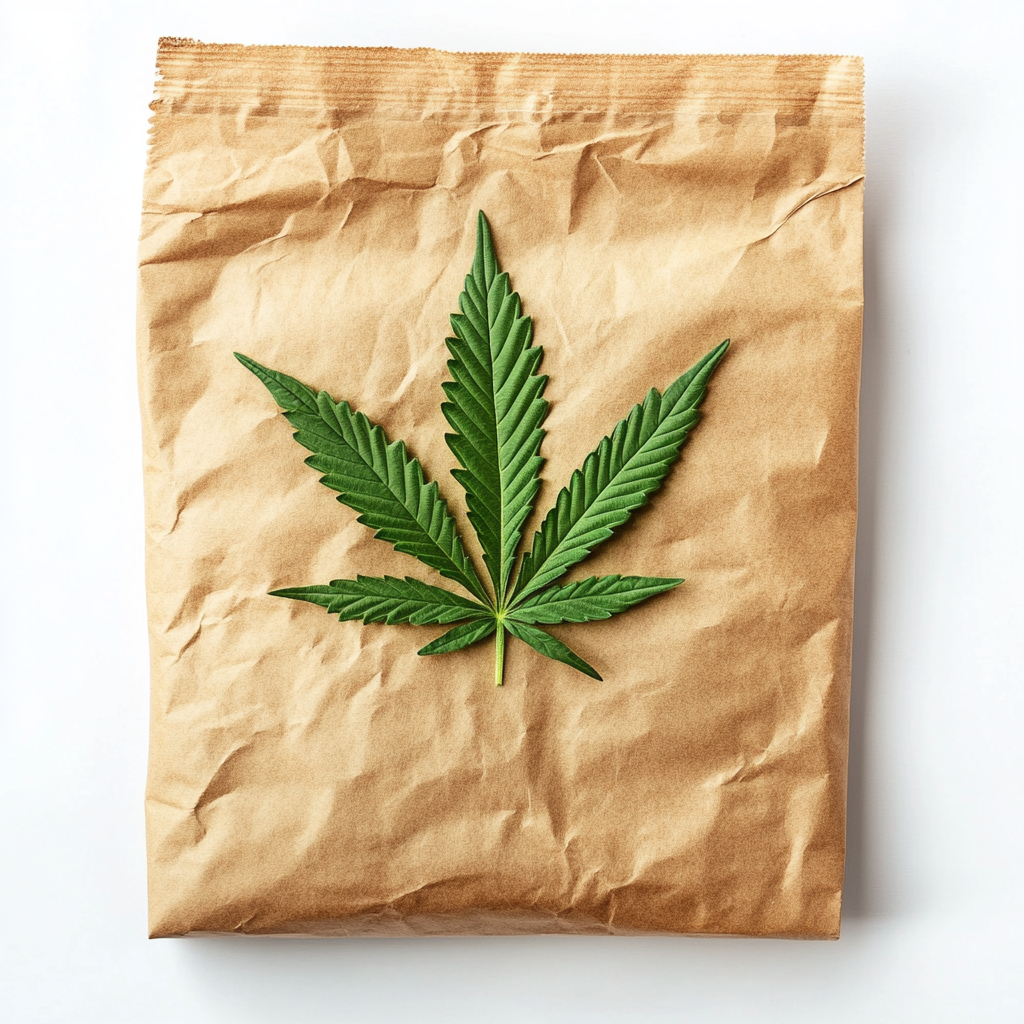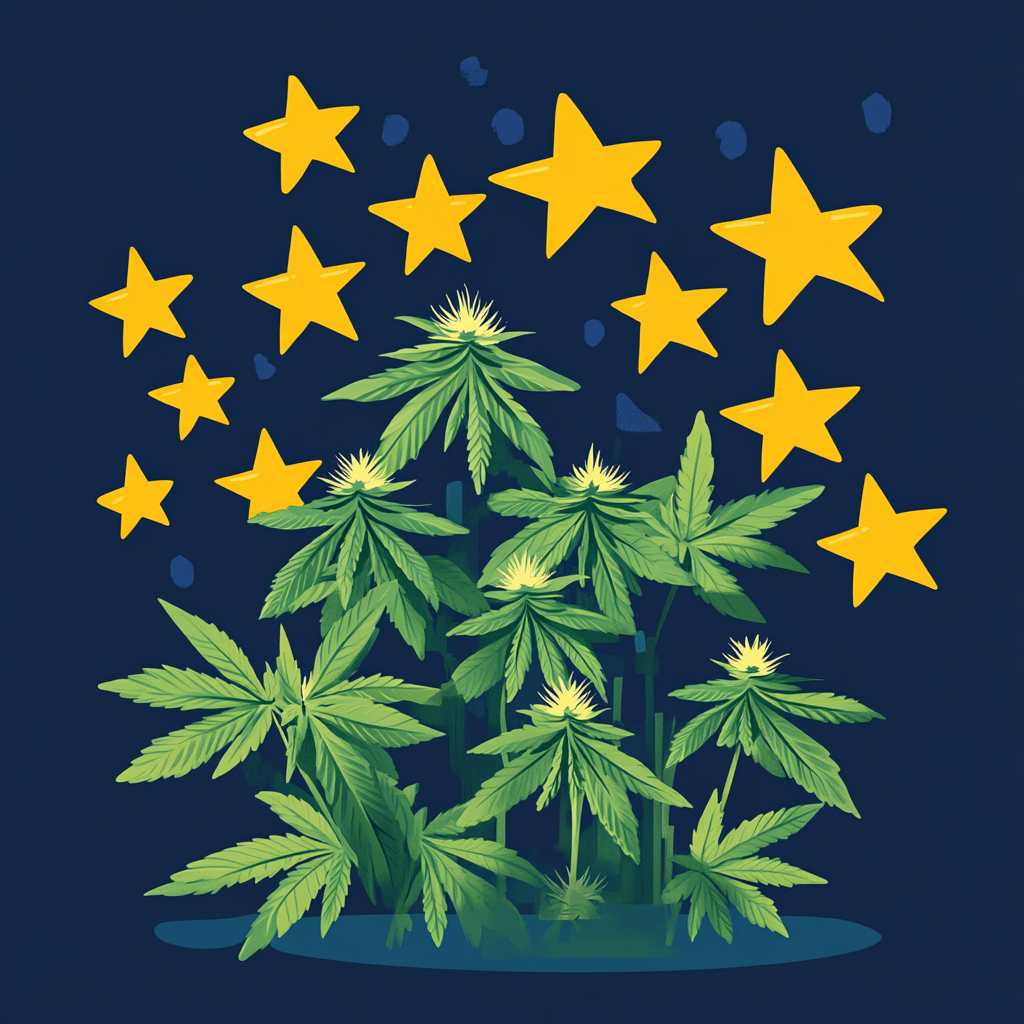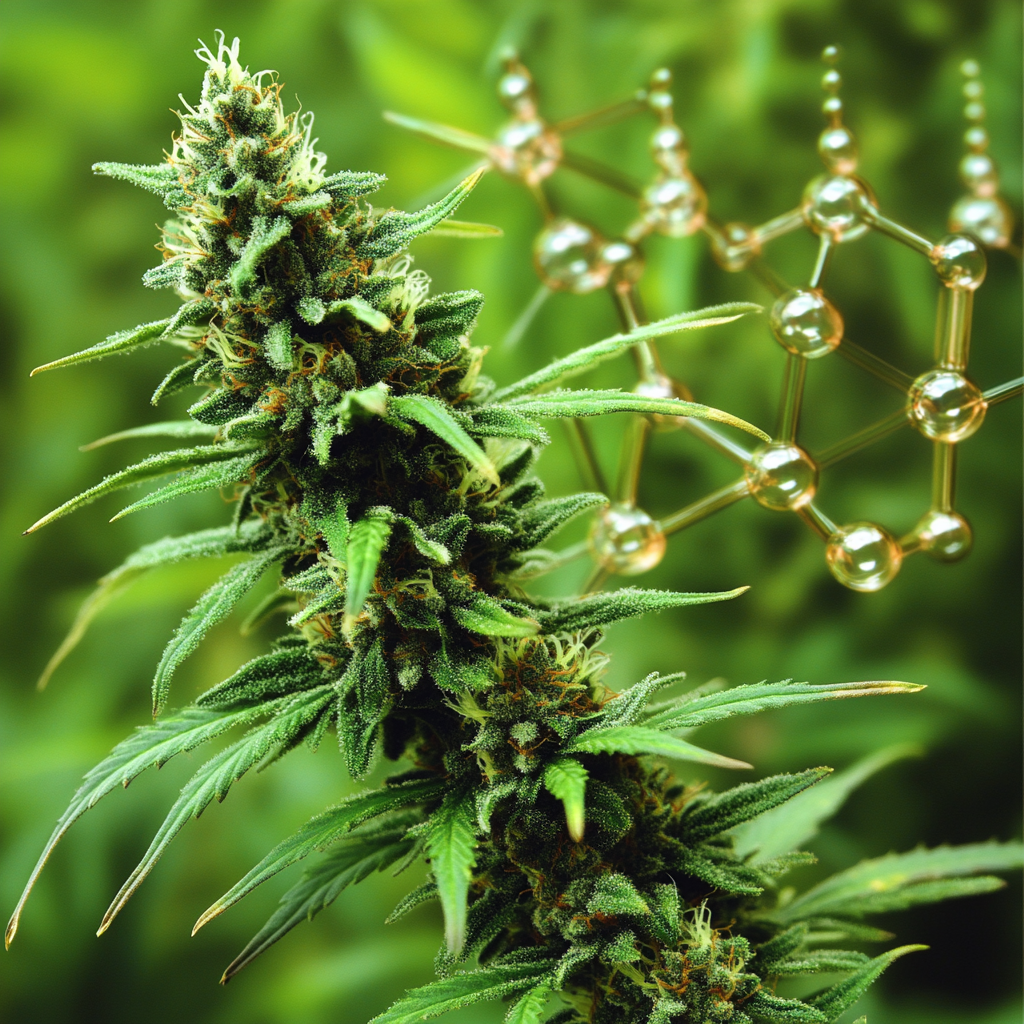Swiss Legal Cannabis Program Helps Reduce Misuse Among Multi-Drug Users

A six-month pilot project in Basel-Stadt, Switzerland, experimented with whether allowing adults to buy regulated cannabis from pharmacies would decrease problematic use compared to continuing to rely on illegal sources.
The approximately 370 participants were divided into two groups: one of them legally purchased cannabis under strict regulations (no ads, health leaflets, voluntary guidance), and the other maintained their normal illegal buying habits.
The sample of participants at the time of six months had small but meaningful abuse symptom reductions, especially in those using other drugs as well.
In simple terms, it appeared that having readily accessible safe and well-labeled cannabis options—and having access to health advice—helped people at the highest risk use cannabis more responsibly.
Specifically in both groups, anxiety, depression, psychosis symptoms, and alcohol and other drug use did not increase.
This indicates that a properly regulated illicit market for purely recreational use can minimize harm without leading to new substance-use or associated mental health issues.
As more nations consider changing cannabis laws, Switzerland’s trial provides solid real-world data that public health-focused regulation can make individuals safer than a black market with no regulations.
Source: Wiley
Occasional Cannabis Use Has Minimal Impact on Sperm Health

Researchers in North America studied nearly 1,000 men trying for children and tracked the quality of semen for months.
A fifth of them had used cannabis during the last two months, and few of them used it every day.
The scientists contrasted significant parameters—such as semen volume, sperm number and mobility—between drug users and nonusers.
They found basically no significant variations: sperm quantity and motility were basically identical whether men smoked cannabis or not.
The major consumers exhibited only an indication of lowered semen volume and the shift was minimal and not sustained enough to allow for definitive findings.
Basically, casual recreational or therapeutic use of cannabis does not seem to have harmful effects on normal sperm parameters in most men, which should be reassuring to concerned couples.
Clinicians can use this evidence in order to advise that frequent cannabis use will not pose serious problems for sperm.
Source: Wiley
Cannabidiol Adds Major Seizure Relief for Drug-Resistant Childhood Epilepsy

Physicians at two of the hospital centers evaluated records of children with seizures who did not respond to conventional epilepsy drugs and were then treated with add-on therapy of cannabidiol (CBD).
The kids had all sorts of seizure disorders, ranging from focal and generalized epilepsy to less common syndromes such as Lennox–Gastaut and Dravet. Before CBD, some had experienced as many as dozens of seizures each month.
With at least three months of CBD on top of their ongoing treatments, nearly half of the children decreased monthly seizures by at least 25%.
A fifth experienced a dramatic three-quarters fall in their seizures. Patients had an average of about 30 seizures each month and dropped as low as 8.
These results were found across all the types of epilepsy, showing CBD’s overall efficacy.
While not all of them were rendered seizure-free, all of them found significant relief, suggesting CBD’s potential as a safe and useful supplement for kids who have run out of all other options.
Source: EpilepsyBehaviour
Five European Nations Open Doors to Medical Cannabis

Europe is on the brink of a major shift of patient access to medical cannabis as five countries have finalized permanent reforms.
France has also had large-scale trials of flower and extract-products and will be launching an ongoing sustainable program including both cultivation in the area and further registrations.
Spain is moving towards a restrictive model of pills and oils prescribed by specialists but is still debating specific regulations for medical cannabis.
Denmark is to turn its trial permanent from January 2026 following new advice to help doctors in prescribing.
Slovenia recently introduced far-reaching laws in April of 2025 authorising licensed production, manufacture, exports and liberal prescribing laws—including for general practitioners—with reforms paving the way for personal use.
Ukraine legalized medicinal marijuana in the early part of 2024 and published finalized rules in August; imports will bridge the period until domestically grown crops come on line in roughly 2028, at liberal prescribing rights for both vets and civilians.
Collectively, these steps mark the shift in Europe from pilot trials to established, regulated medicinal cannabis markets with guaranteed quality of product as well as wider availability to patients.
Source: Business of Cannabis
South Korean Team Discovers New Cannabis Compounds with Cancer-Fighting Potential

South Korean scientists have transformed cannabis flowers into a gold mine of new molecules.
Using very sophisticated laboratory techniques—targeted separations, high-resolution magnetic measurements, and precise mass determinations—they succeeded in isolating eleven different compounds.
Two of these were new and had never appeared before, representing new additions to the cannabis family.
More astonishing was isolating three “chlorin” substances normally found in plants other than plants related to cannabis.
Initial test samples in the lab on childhood nerve-tumour cells suggest several of the isolated molecules possess the potential to retard tumor growth.
Although these are preliminary findings, they offer promising leads for further drug research.
By uncovering new molecules with anti-cancer activity, the research not only contributes to the science of cannabis chemistry but also potentially generates new medicines directly from the plant.
Source: InternationalCBC


